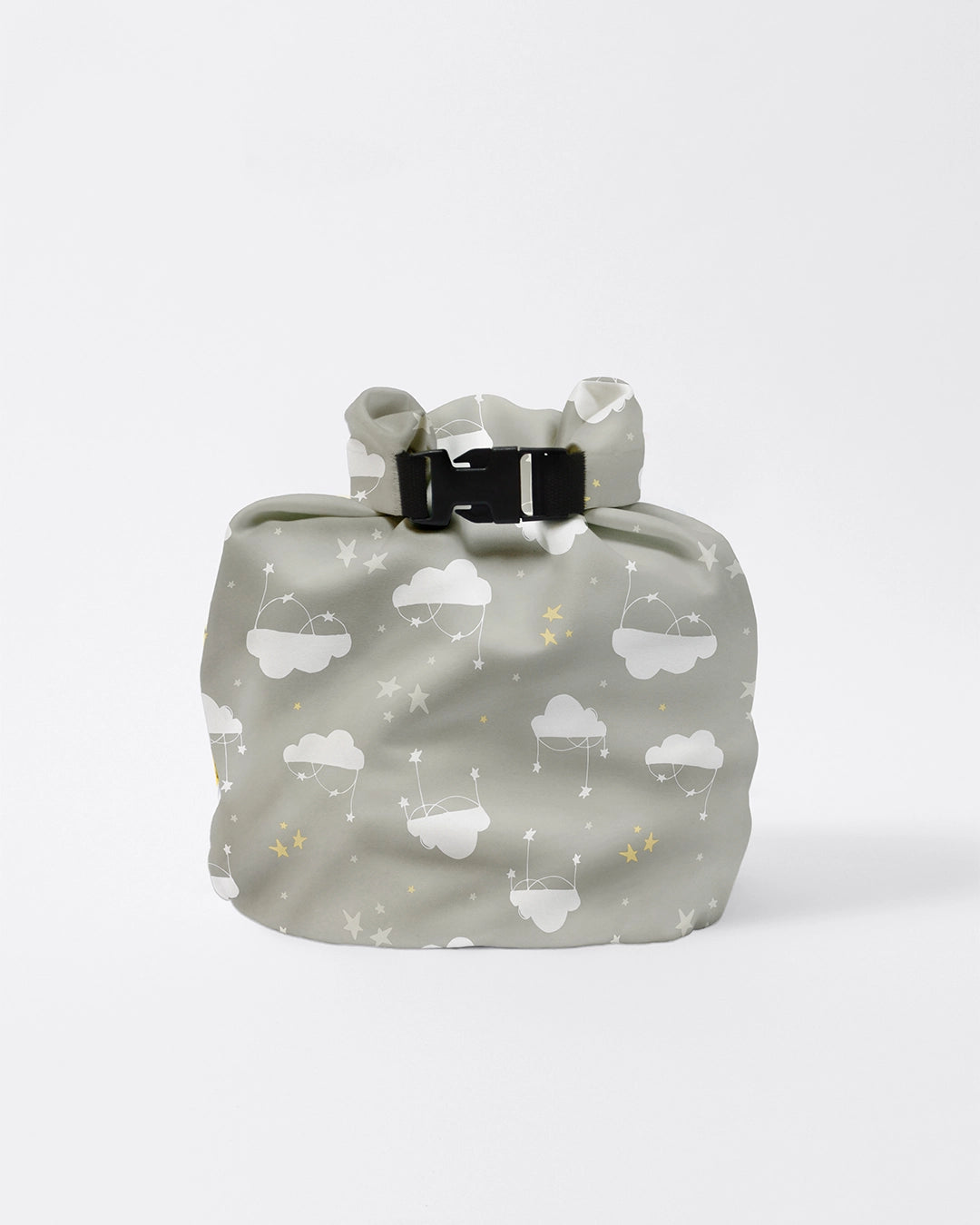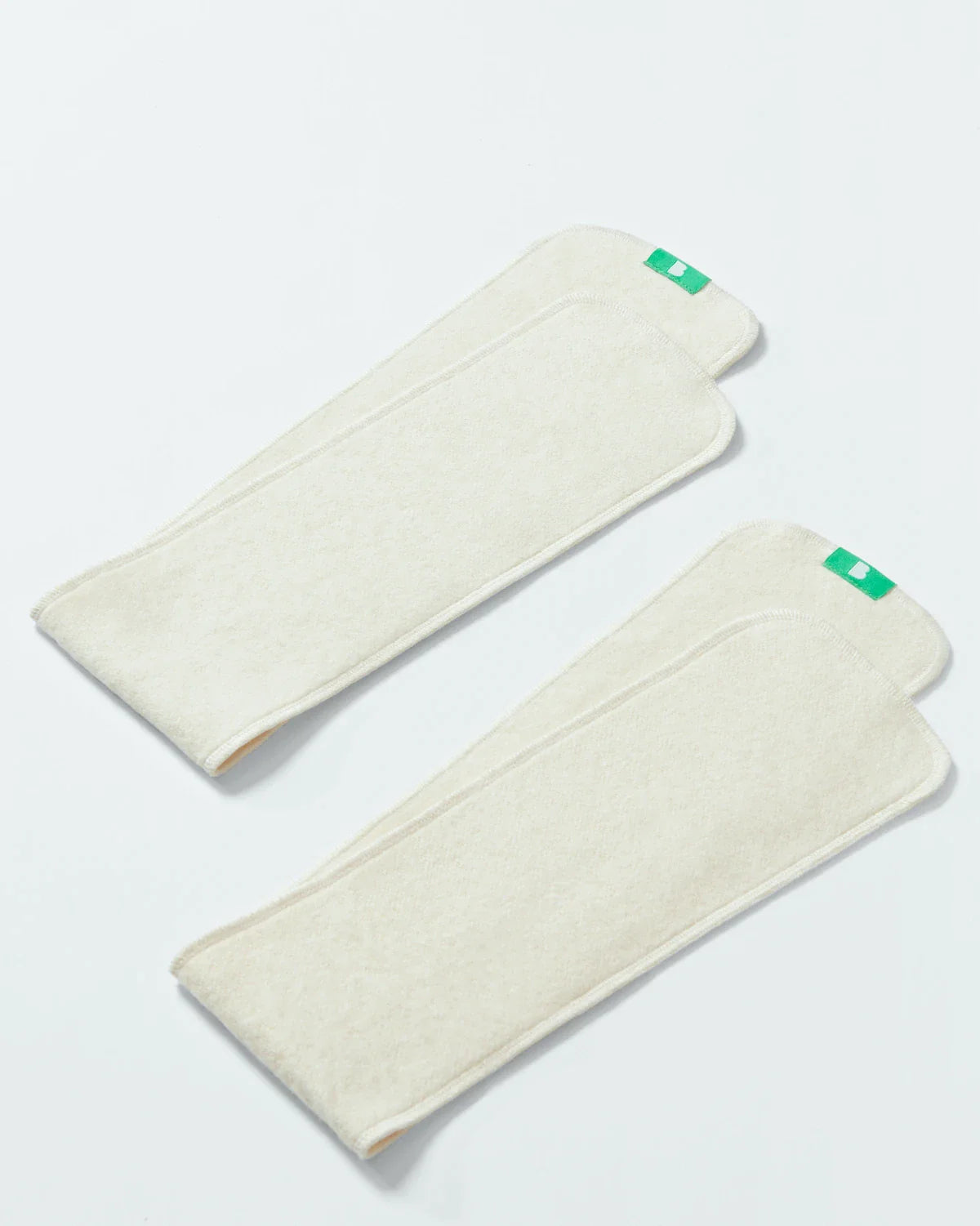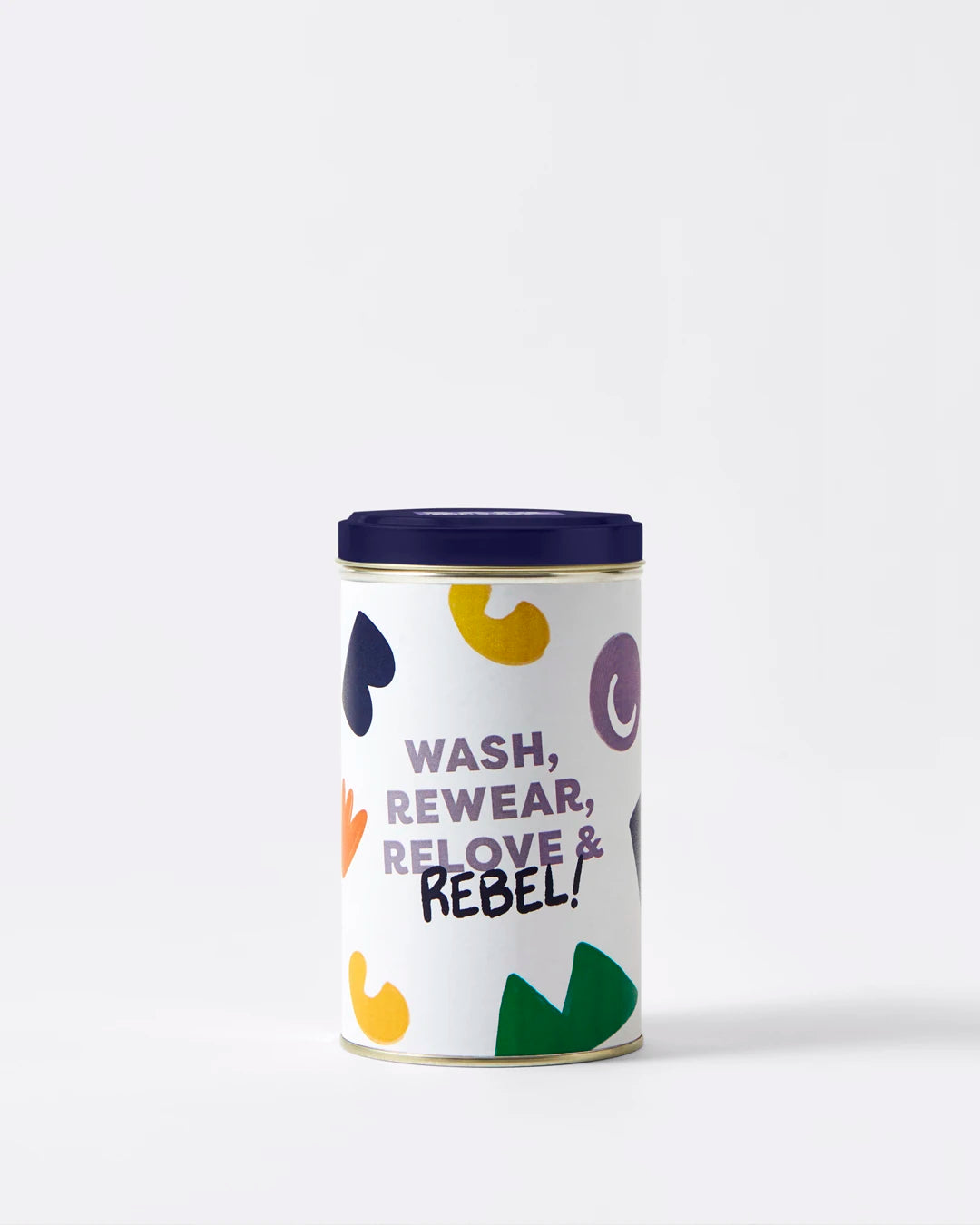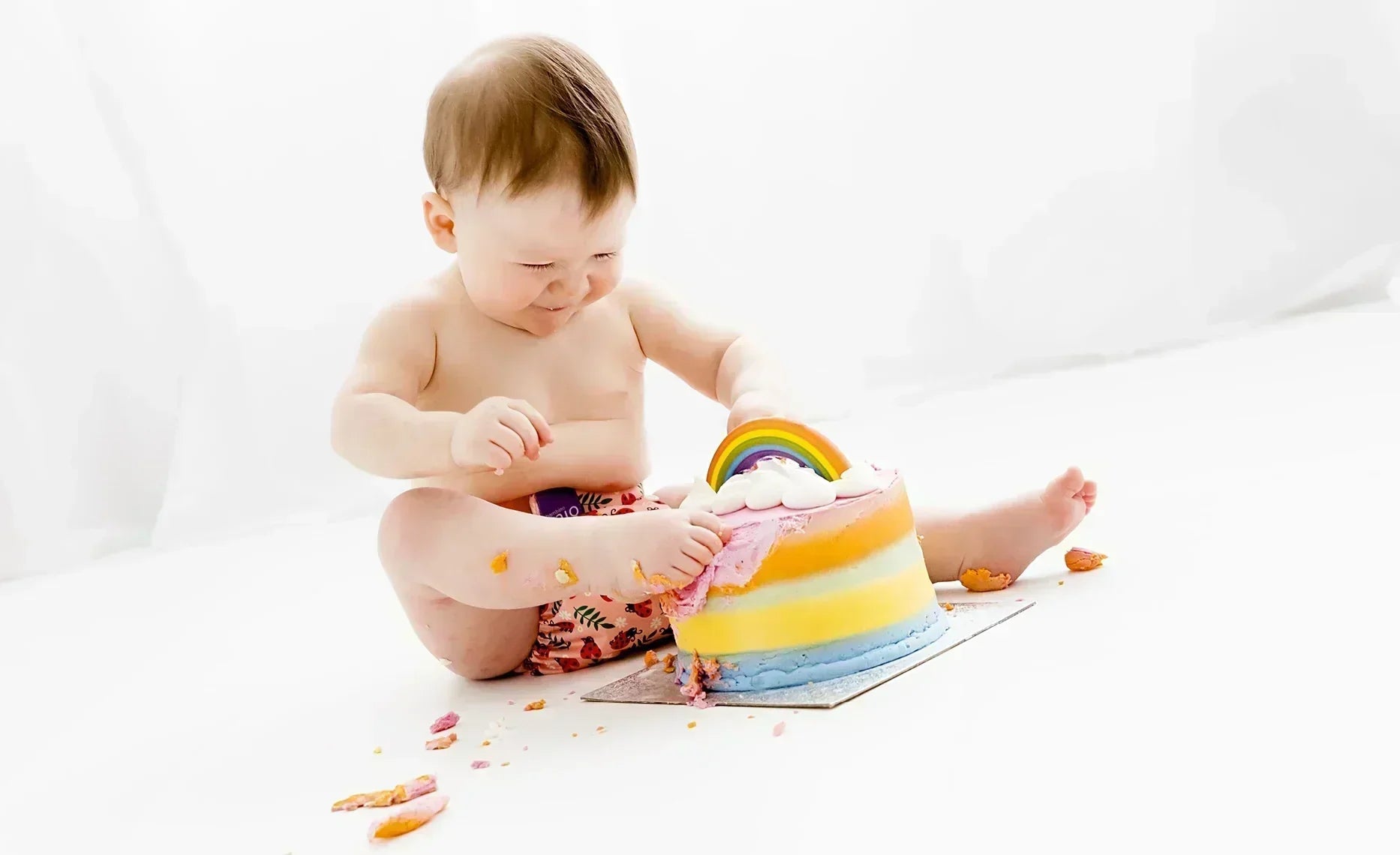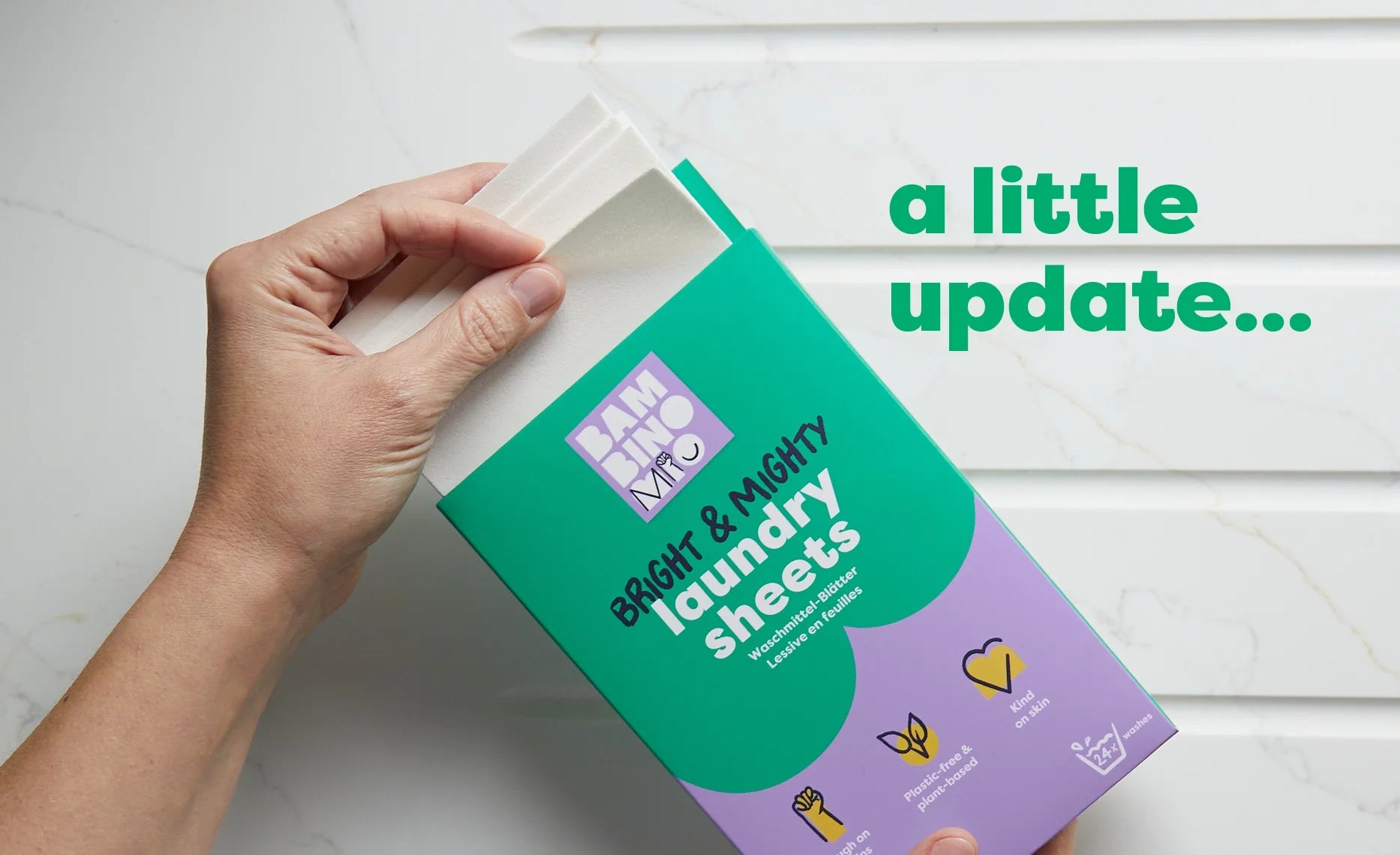Pica | Glossary of Pregnancy & Baby Term
Share Options
- Bambino Mio
- 24 / 07 / 2023
Inside this Article:
Pica is a condition in which people crave and eat non-food items such as soap, chalk and dirt on a regular basis. Pica can affect anyone but it is more common among pregnant women.
Why do some pregnant women develop pica?
Developing pica in pregnancy might be a sign that you’re lacking one or more nutrients and that the extra demands put on your body lead to you seeking to find those nutrients elsewhere.
A lack of iron, zinc and vitamin B (1) isn’t unusual in pregnant women, especially if they’re vomiting a lot and this deficiency could trigger pica. A study in Ghana (2) found that some women who exhibited pica during pregnancy had poor nutrition, with some believing clay and soil were healthy food supplements.
Sometimes pregnant women crave unusual substances because it helps to quell their pregnancy nausea. Ice is a common craving for pregnant women because it can provide relief from nausea.
What are common pica cravings?
Common pica cravings include:
- Ice
- Clay
- Dirt
- Soap
- Coal
- Chalk
- Glue
- Ash
- Hair
- Paint
If you have pica, do you still eat “normal” food?
Most people with pica still eat their usual food, but they crave one or more non-food substances.
Is pica dangerous for pregnant women?
Not necessarily. A craving for ice could help you to stay hydrated, for example. However, if you’re craving ice because you have severe nausea and vomiting (NVP) in pregnancy then you may be missing out on nutritive foods as a result of the NVP.
You may also eat things like paper and feel full as a result, which can lead to you missing out on real food. Eating things like paper or cloth could also cause a blockage in your gut, diarrhoea or other problems.
I think I have pica; what should I do?
Even if you’re craving ice, which in itself is harmless, you need to tell your midwife as you might be missing out on nutritious food. There may also be an underlying reason, like severe nausea or anaemia, which can be treated so you and your baby can get the nutrition you need (3).
Can I get treatment for pica?
Your midwife might test you for anaemia (4) and other nutritional deficiencies. You might also need to take a prenatal vitamin supplement (5) to make sure you’re getting everything you need.
Does pica go away after you have the baby?
In most cases, yes. It can also resolve during pregnancy if you find a nutritional deficiency and address it with an improved diet or supplements.
Citations and References
- National Institutes of Health (NIH). National Library of Medicine. ‘Micronutrient Deficiencies in Pregnancy Worldwide: Health Effects and Prevention.’ 2016. Web. www.ncbi.nlm.nih.gov/pmc/articles/PMC4927329
- National Institutes of Health (NIH). National Library of Medicine. ‘Practices of Pica Among Pregnant Women in a Tertiary Healthcare Facility in Ghana.’ 2020. Web. www.ncbi.nlm.nih.gov/pmc/articles/PMC7113508
- National Health Service (NHS). ‘Keeping Well in Pregnancy. Eating Well in Pregnancy.’ 2023. Web. www.nhs.uk/pregnancy/keeping-well/have-a-healthy-diet
- National Health Service (NHS). ‘Iron Deficiency Anaemia in Pregnancy and After the Birth of Your Baby.’ 2018. Web. mft.nhs.uk/app/uploads/sites/4/2018/04/Iron-levels-in-pregnancy-and-after-childbirth-January-2018.pdf
- National Health Service (NHS). ‘Keeping Well in Pregnancy. Vitamins, Supplements and Nutrition in Pregnancy.’ 2020. Web. www.nhs.uk/pregnancy/keeping-well/vitamins-supplements-and-nutrition






















